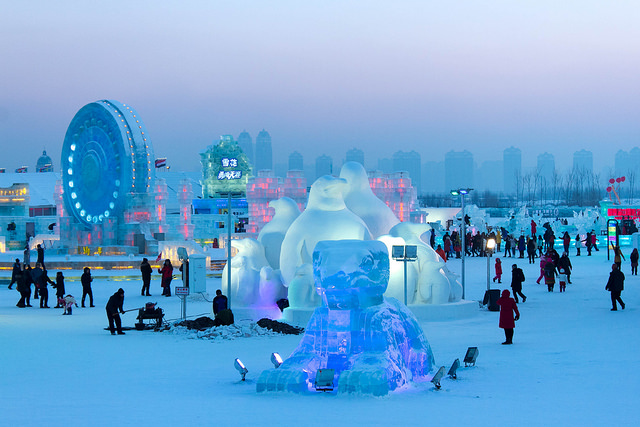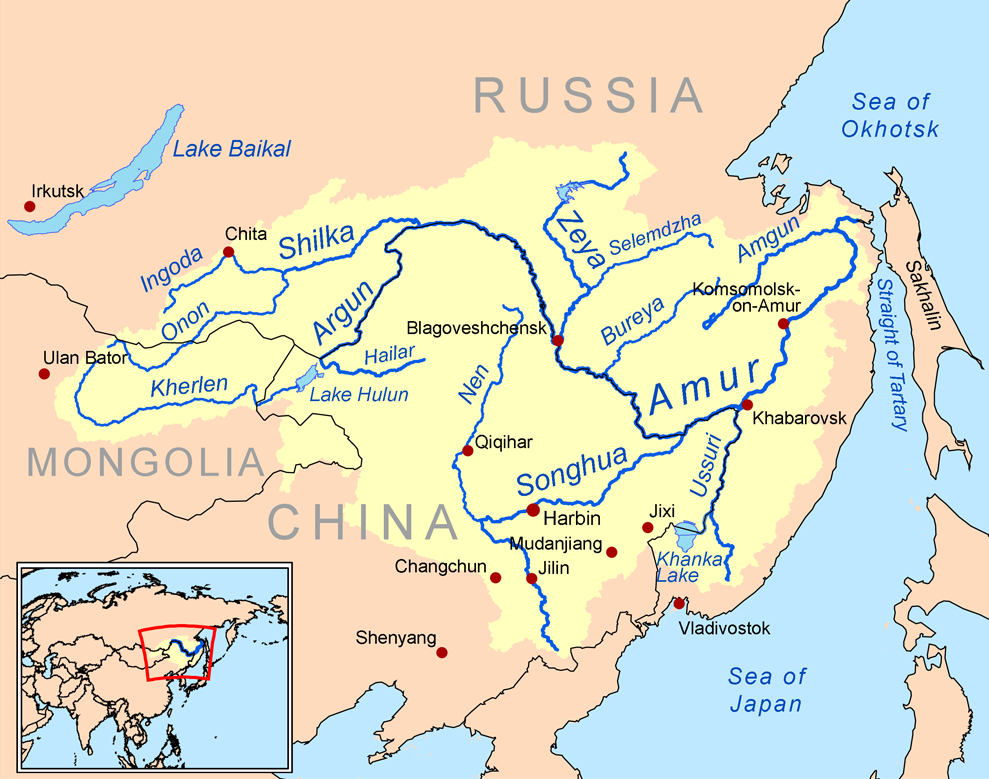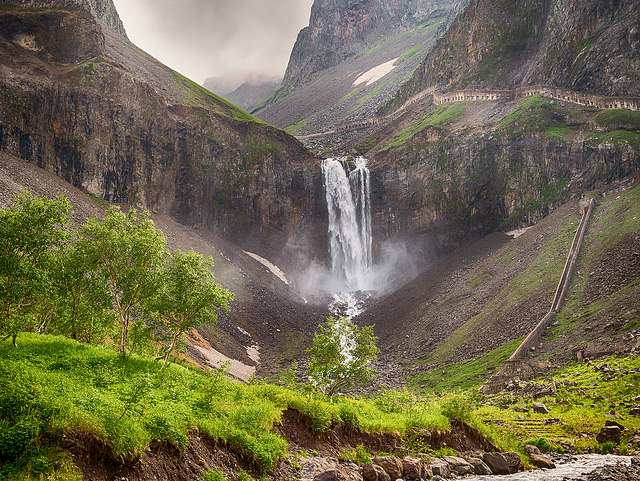Sports ministers from Korea, Japan and China met in Pyeongchang, Korea from September 22-23 to establish a framework for the upcoming Olympics in their countries. These games; Pyeongchang 2018, Tokyo 2020 and Beijing 2022 are being seen as the games of Asia, and IOC President Thomas Bach who was in attendance, called this the “time of Asia.”
The Korea Herald reported on September 23 that the three ministers, Cho Yoon Sun from Korea, Liu Peng from China and Hirokazu Matsuno from Japan issued a joint statement, the Pyeongchang Declaration, calling for expanded sports exchanges and cooperation. Such cooperation would, it is hoped, result in Olympic success for all three countries involved. The Korean minister also hoped that cooperation in the area of sports could be extended to other areas of cooperation among the participants. The next meeting is scheduled to be held in 2018.
So what is your opinion about the ” Asian Olympics”? Do you think this is the century of Asia, and world influence has shifted to the East? Please let us know what you think about this.
Photo: Republic of Korea via flickr
 日本語
日本語 English
English 中国語
中国語












